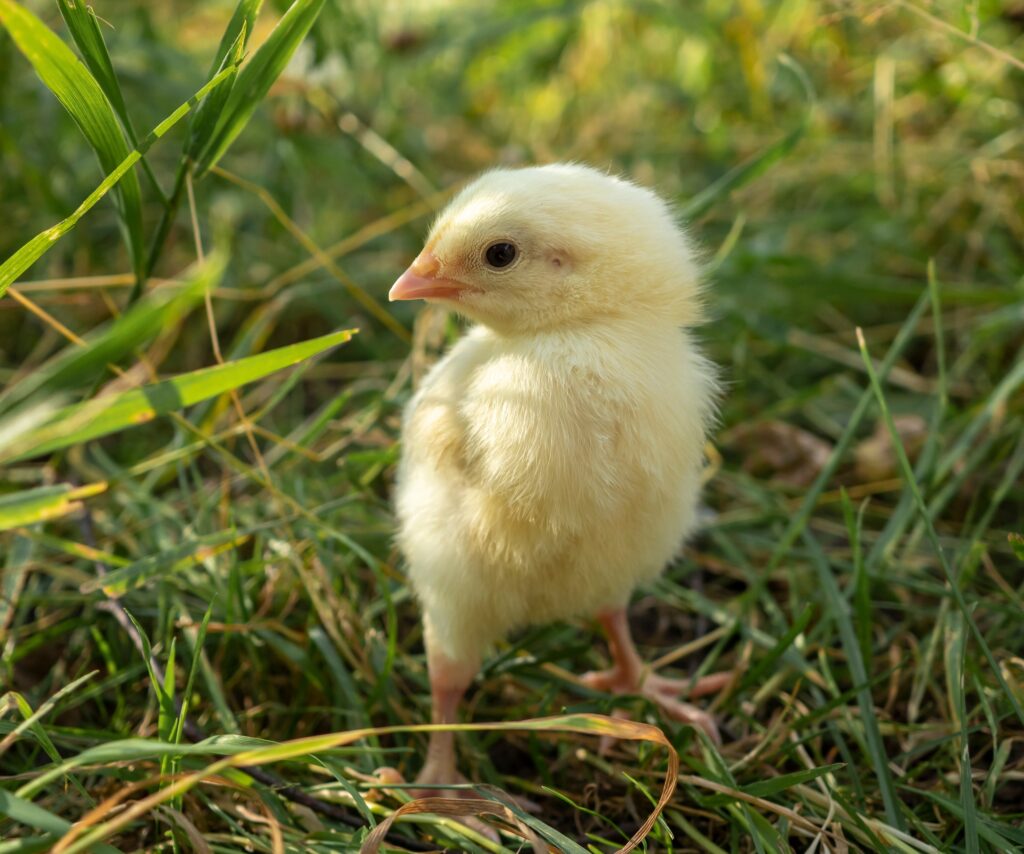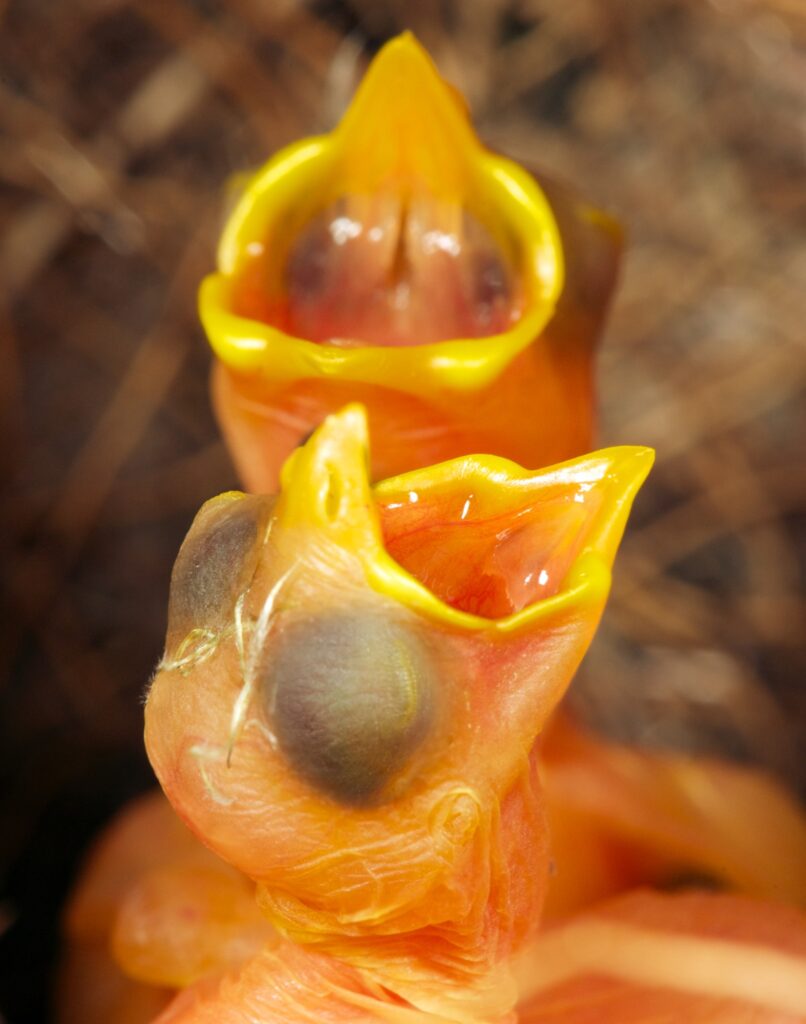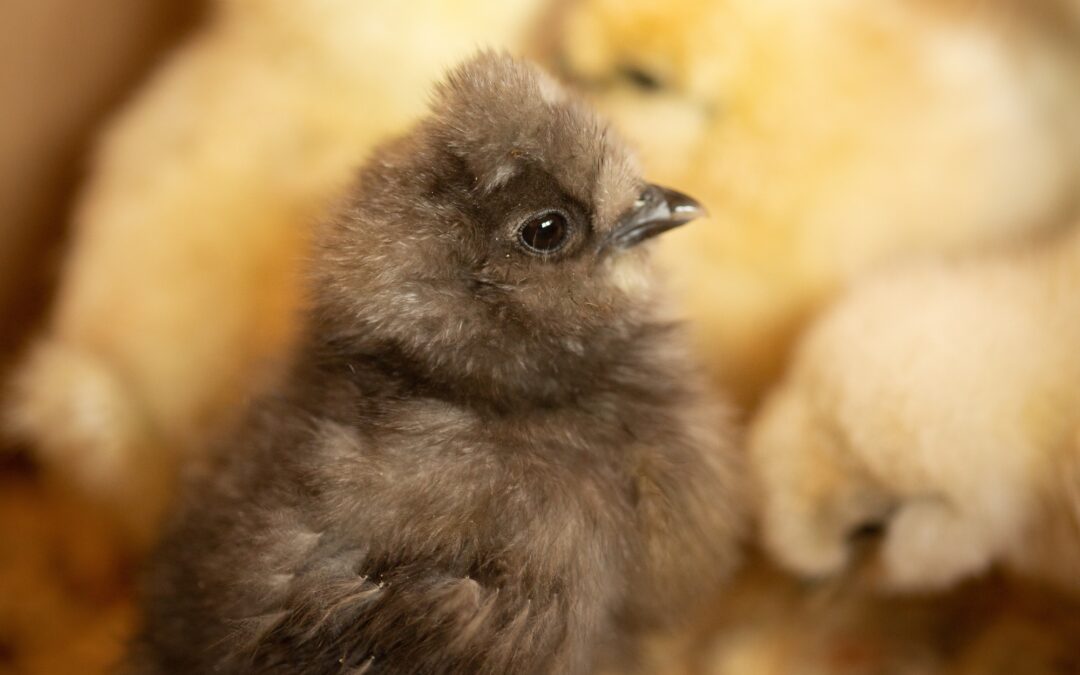In the field of poultry farming, biosecurity plays a critical role in maintaining the health and productivity of birds. Negligence in this area can lead to the spread of diseases, posing significant risks to your flocks and the profitability of your farm.
Comprehensive and effective biosecurity is essential for the well-being of your birds, the productivity of your poultry farm, and the quality of the bird products that reach the market.
- 1 Importance of biosecurity in poultry farming
- 2 Understanding the risks and diseases
- 3 Implementing biosecurity measures
- 4 Leaning on scientific and veterinary support
- 5 The vital role of veterinary medicine in biosecurity
- 6 Biosecurity in small-scale and backyard poultry farming
- 7 Combating avian influenza through biosecurity
Importance of biosecurity in poultry farming
Biosecurity refers to measures taken to prevent the introduction and spread of diseases in poultry farms. These measures can include practices related to isolation, traffic control, and sanitation. In the context of poultry production, biosecurity is akin to the first line of defense against potential diseases. It is instrumental in reducing the number of disease-causing organisms in the environment, and thus reducing the risk of disease exposure to the flock.
Studies available on Google Scholar, PubMed, and Crossref have consistently underscored the significance of biosecurity in poultry health management. But how effective are biosecurity programmes in preventing diseases among chicks ? With this in mind, organizations such as Ceva are developing safe, effective and innovative vaccines for all players in the poultry production chain.
Understanding the risks and diseases
Understanding the risks and diseases that can affect your poultry is the first step in creating an effective biosecurity programme. The risk of disease can be introduced to a farm through various factors, such as new bird intakes, visitors, equipment, and even the passage of farm operators.
One prevalent disease in poultry is Gumboro disease, also known as Infectious Bursal Disease (IBD). IBD is a highly contagious disease that can significantly affect young chickens. Today, the very virulent form of this disease is predominant in many countries. The disease can lead to sub-clinical forms that are difficult to diagnose and treat, thereby posing a major threat to bird health and farm productivity.
Implementing biosecurity measures
Understanding the risks makes it essential to implement comprehensive biosecurity measures. This includes isolating your birds from other animals, restricting visitor access to your farm, and maintaining the cleanliness of your farm, equipment, and the birds themselves.

Another important aspect of biosecurity is health monitoring. Regular monitoring of the birds’ health status and verification of the vaccine take can help identify potential health issues before they become unmanageable. The integration of data-driven smart solutions in these health monitoring processes can enable early detection of diseases and provide insights for preventive actions.
Vaccination is another crucial element of biosecurity. Vaccines for avian diseases such as IBD, ND, infectious bronchitis, coccidiosis, laryngotracheitis and others, provide an effective way to build immunity in your flock, thereby reducing the risk of disease spread.
Leaning on scientific and veterinary support
To effectively implement biosecurity programmes, there is a need for support from dedicated veterinary service teams and scientific networks. These professionals, with their knowledge and experience, can provide advice and help implement the measures necessary to protect the health of your birds.
Collaboration with poultry vet professionals can help create tailored biosecurity programmes that address the specific needs and risks associated with your farm. These programmes usually include all the fundamental elements of effective disease prevention on farms such as structural biosecurity, operational biosecurity, cleaning & disinfection.
The vital role of veterinary medicine in biosecurity
The veterinary medicine industry plays an indispensable role in the effective implementation of biosecurity programmes. Veterinary professionals possess the expertise necessary to identify potential health risks and devise strategies to mitigate them. For instance, they are at the forefront of creating vaccines for diseases like avian influenza, a serious threat to poultry farms.
Veterinarians are also critical in the data collection process, as they conduct regular health checks, collect samples for testing, and interpret the results. With their knowledge and experience, they can spot early signs of disease and take preventive action. They can also provide valuable advice on biosecurity practices, helping poultry farmers to understand and implement these measures effectively.
The use of PubMed and Crossref for research and knowledge sharing among veterinary professionals also underscores the critical role of these platforms in promoting biosecurity. Veterinarians can find articles on these platforms that provide the latest research and insights into disease prevention and control. They can also share their findings with others in the field, contributing to a body of knowledge that benefits the entire poultry farming industry.
Biosecurity in small-scale and backyard poultry farming
In addition to large commercial poultry farms, small-scale and backyard poultry farming also require effective biosecurity measures. According to a PMC free article found on PubMed, disease outbreaks in small-scale poultry farms can quickly escalate and pose threats to larger commercial farms in the vicinity.
Biosecurity practices such as isolation, traffic control, and sanitation are as essential in small-scale farms as they are in larger ones. However, the implementation of these measures can be challenging due to a lack of resources or knowledge. Hence, it becomes essential to provide education and support to these farmers to enhance their biosecurity measures.

Two chicks
Publications available on Google Scholar and Crossref Google can be valuable resources for small-scale farmers, providing them with access to research and best practices in biosecurity. By leveraging these resources, they can strengthen their farm biosecurity and protect their birds from potential diseases.
Combating avian influenza through biosecurity
Among the diseases that pose a significant threat to poultry farms, avian influenza is one of the most severe. According to an article PubMed provided, this highly contagious disease can decimate entire flocks if not controlled promptly. Hence, effective biosecurity measures are crucial in preventing the spread of this disease.
Preventive measures against avian influenza include good hygiene practices, isolation of sick birds, and regular health monitoring practices. Vaccination, even though not universally effective due to the virus’s ability to mutate, can still provide some level of protection and is an essential part of biosecurity.
Through the PMC free resource, poultry farmers can access valuable information on combating avian influenza through biosecurity, enhancing their ability to protect their flocks and maintain the productivity of their farms.
Ultimately, biosecurity in poultry farming is an ongoing commitment that requires the collective efforts of farm owners, veterinary professionals, and the wider community. By staying informed through resources like Google Scholar, Crossref, and PubMed, implementing effective biosecurity practices, and leveraging innovative solutions, we can ensure the health and productivity of our flock, safeguarding the profitability of our farms.
Remember, protecting our birds is not just about preventing diseases; it’s about securing our livelihood and ensuring a steady supply of high-quality poultry products for consumers.
